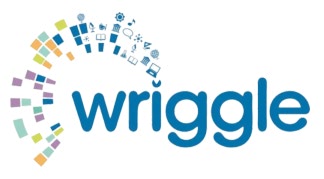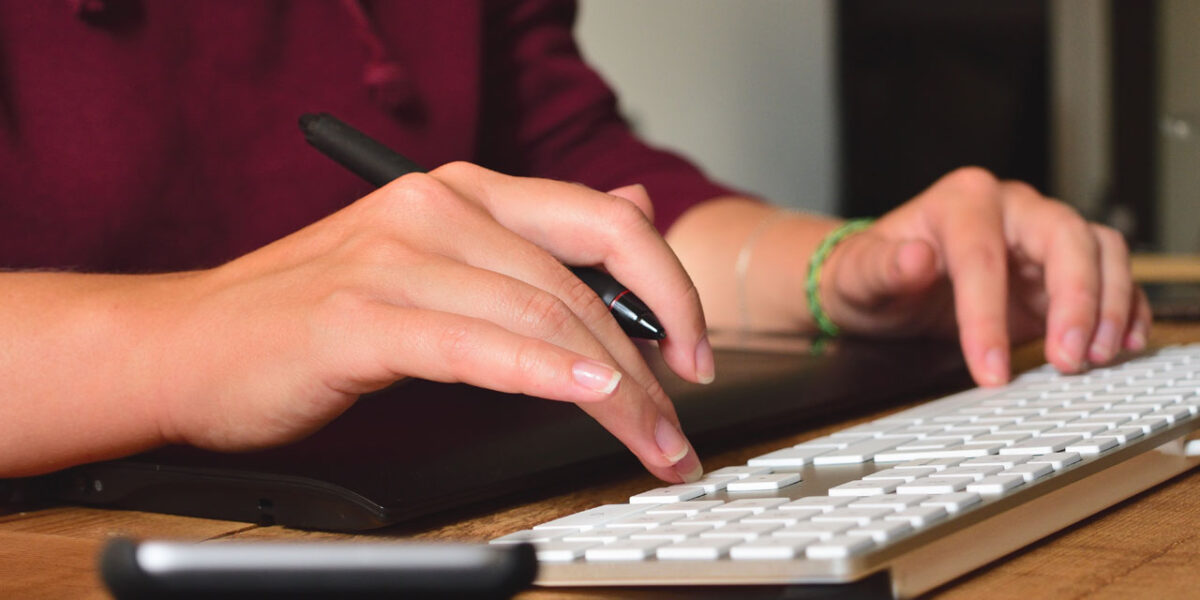Learn Lessons from COVID-19, and Better Blend Digital Learning into Future Classroom Education

Learn Lessons from COVID-19, and Better Blend Digital Learning into Future Classroom Education, urges @Gowriggle
Research into schools’ and parents’ experiences during COVID-19 reveals:
Schools reported;
· Only 57% of schools reported students had devices fit for remote learning
· Half of schools only integrated digital platforms into teaching and learning from March 2020
· One third of schools do not have a central platform for sharing resources and lessons
· 44% of schools feared that their digital learning processes were not GDPR compliant
· 86% of schools see increased staff engagement where digital learning is well integrated with classroom education
Parents reported;
· 40% of parents felt that they had to become a substitute teacher
· Over a quarter (28%) saw inconsistent school communications
· As a result, 62% of parents described their children’s digital learning experience during lockdown as difficult
· Parents and teachers are calling on better teacher support, standardisation of learning platforms and training to ensure a better blended digital and traditional education system post COVID-19
Wriggle– The specialists in digital learning for education, has highlighted that the COVID-19 pandemic has exposed the gaps that exist within the Irish education system that resulted in major challenges for teachers and parents. As a result, it is calling for a move towards a clearly defined blended approach to teaching and learning both in the classroom and at home.
Wriggle has a presence in over 500 schools nationwide. In the immediate aftermath of COVID-19, it conducted research amongst principals, deputy principals, teachers and staff in 371 schools, and commissioned Amarach Research to ask 2,128 parents nationwide with children in primary and secondary school about their experiences of digital learning during the period of March to May 2020.
From the schools’ perspective, while classrooms and school buildings were closed, learning and teaching continued as students all around the country endeavoured to follow the curriculum from their homes under unprecedented circumstances.
However, research carried out across schools revealed;
· Only 57% of schools said that students have devices fit for digital learning.
· 54% say they only started using digital learning platforms for creating and sharing resources and lessons since March this year.
· Over one-third (35%) of schools don’t have or never created a policy around digital learning or teaching.
· 62% reported said they had no previous experience of online teaching, while just over half (55%) of teaching staff said they were not comfortable with digital learning technology.
· 54% of teachers said the lack of time to plan for digital learning was a challenge while 41% saw a lack of equipment as an issue.
· 44% of schools were concerned that their policies were not fully compliant with the General Data Protection Regulation (GDPR).
· Where schools had good digital learning integration, they found that
o 86% saw increased staff engagement
o 59% saw increased collaboration
o 52% developing a new way to cater for students’ needs
Parental Guidance
This was something that was mirrored by parents who reported that during this time;
· Three-in-five parents (62%) have described their children’s digital learning experience during lockdown as being difficult.
· 40% said they felt there was pressure on them to become a substitute teacher as education moved from the classroom to the kitchen table during the pandemic.
· 26% of parents experienced broadband issues that interrupted lessons, while one-fifth (22%) felt there were too many apps and platforms to manage.
· 70% of children continue to use traditional resources such as pencil and paper as part of their daily education, 59% also use homework platforms, 49% use emails and 32% use video conferencing with teachers.
Futureproofing Education – what teachers and parents want
The research found that parents and teachers are calling on better support, standardisation of learning platforms and training to ensure a clearly defined and robust blended digital and traditional education system post COVID-19.
Of the parents surveyed for Wriggle by Amarach, almost half (49%) wanted standardised technology platforms and 45% want better support and clear guidance from schools.
Wriggle believes now is the time for all stakeholders to take stock and to futureproof the education system by using the lessons of COVID-19 to transform education.
“Teachers are the unsung heroes during COVID-19. They had to adapt to new ways of continuing teaching and learning remotely at short notice under very stressful circumstances.” said Seán Glynn, Teacher Engagement Manager, Wriggle Learning. “We saw over 9000 educators engage with our online training over the past 3 months in order to upskill and provide the best for their students. We are committed to supporting this necessary professional learning with the development of our new online training platform (Wriggle Connect) this summer.”
“The pandemic disrupted our traditional education model, but now an opportunity exists to improve it and to prepare for the future. Nothing will ever replace the classroom experience and the bond between a teacher and a student. The pandemic has highlighted the gaps in the current approach to education and we need to learn those lessons. We need a shift towards a well-defined blended learning system, one that integrates technology into the classroom with structures, training and supports in place for teachers, students and parents. When these are put in place, if such a scenario were to occur again, schools will have the tools, confidence and skills they need to ensure a seamless transition to blended learning that allows teaching and learning to continue anytime, anywhere.”











Responses